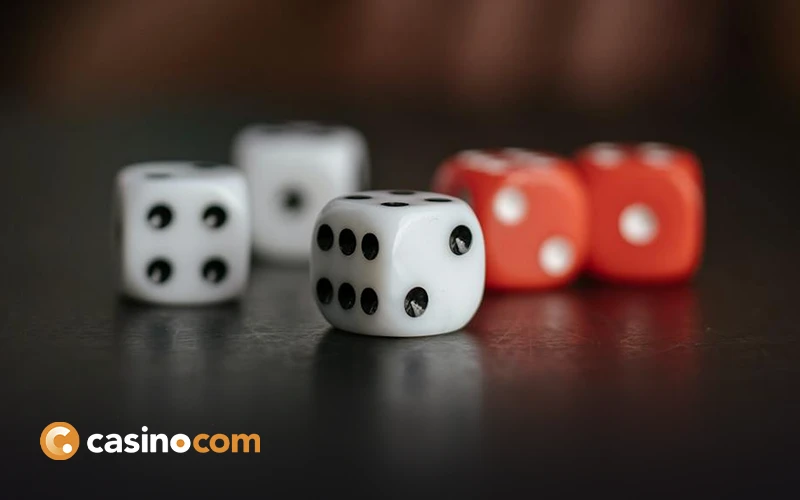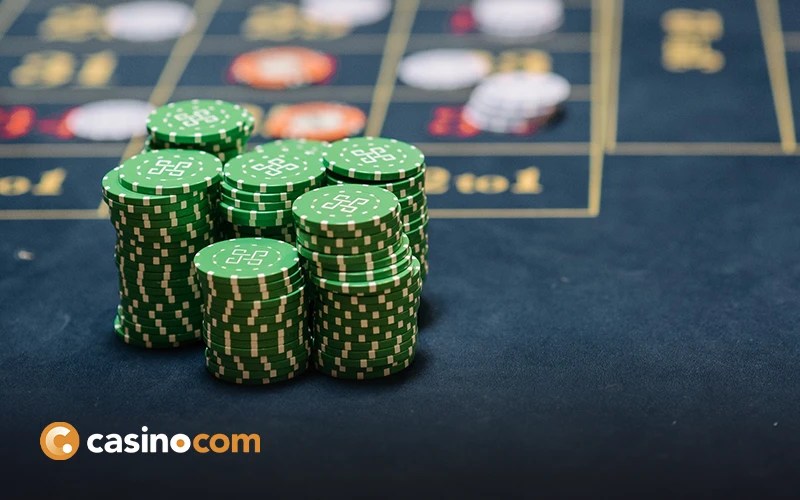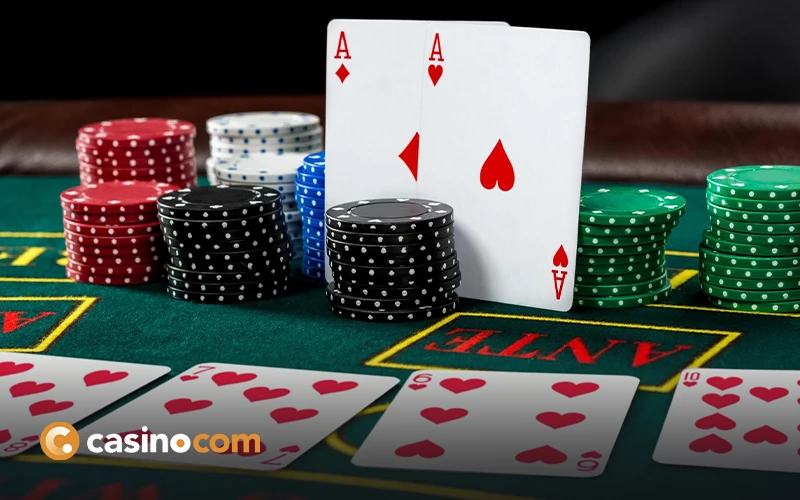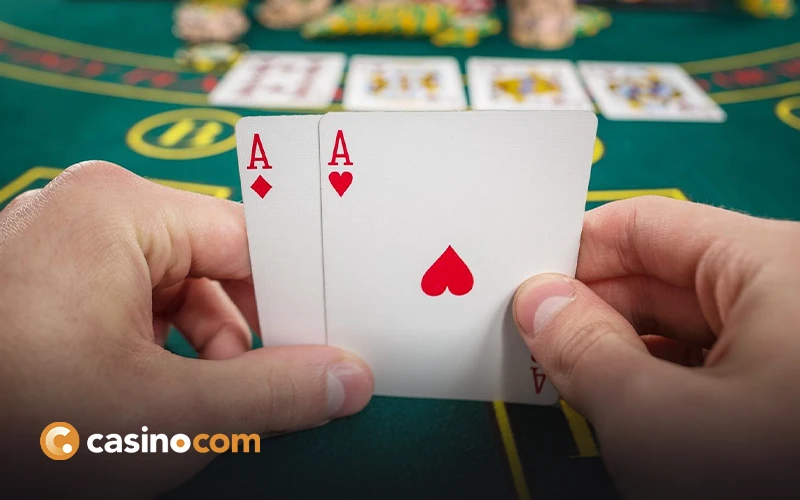Keno is a game loved for its simplicity and availability. It is very similar to the lottery but with better odds of winning. When you play keno, there is a good chance that you are going to pick wrong. That said, there are some number combinations that come up more often than not and those are the ones to know.
Even if you haven’t actively played before, there’s a good chance you are aware of keno. Depending on where you go, keno may be available in bars and restaurants as well as casinos. It is a game of chance, similar to the lottery or your average casino game.
Keno can be played with a variety of stakes but there is one thing that is clear: everyone is looking to gain an advantage. Are there certain numbers that come up more often than others? What are the best keno numbers to pick? Check out the guide below to find out everything you need to know about keno.
What are the Best Numbers to Pick in Keno?
The ‘best’ numbers all depend on who you ask. When it comes to playing keno, players wonder if there are certain numbers that come up on a regular basis compared to others. The good news is that, yes, some numbers do come up more often based on studies and data. The most frequently drawn numbers are 1, 4, 23, 34, and 72.
The list of the best numbers in keno can be a bit longer and a lot more varied depending on a few factors like location, variant, and player belief. It is important to keep in mind, however, that keno is completely random. It is a game of chance.
Each game of keno has a Random Number Generator behind it, ensuring that every game is drawn fairly and randomly. What does this mean? Well, there is no ‘guaranteed’ way of predicting which numbers come up. Some may appear more often than others, but they are completely random.
Each player also has their own personal preference. Some players believe that their ‘lucky’ numbers – based on birthdays, historical events, and others – are better than the rest. Others follow historical data and try to create patterns. Others still try to mix things up by having a variety of combinations in an effort to ‘beat’ the RNG.
Hot and Cold Numbers
When it comes to choosing the right keno numbers, you are bound to hear from more experienced players about ‘hot’ and ‘cold’ numbers. In order to garner a greater understanding, it requires a more in-depth look.
Hot Numbers
Hot numbers are the ones that tend to show up more often in keno. Some players call these ‘winning’ or ‘lucky’ numbers. When analyzing the stats, you will see that some numbers come up more often, but don’t forget that each draw is random and each number has the same chance of coming up as the rest.
There is a theory that these ‘hot’ numbers have a bit of a slight edge over the numbers given their statistical frequency. That said, it is only anecdotal that choosing these numbers gives you a real edge. Players often incorporate these numbers into their picks to give themselves an ‘edge.’
Cold Numbers
On the flip side, cold numbers are believed to appear far more rarely than their ‘hot’ counterparts. Depending on who you ask, these numbers are much less likely to show up in future keno draws. Again, you could argue that there is no such thing seeing as how the RNG makes everything totally random.
How RNG Plays a Role
Every keno game at this stage uses a Random Number Generator (RNG). The purpose of the RNG is to ensure randomness and fairness in each draw. The RNG guarantees completely random number sequences, even when the game has no active players.
When you do click “play,” the RNG will lock in its numbers, making every draw completely unique from the last. Because of the RNG, there is no effective way of regularly predicting which numbers will come up. By experimenting with different strategies and embracing the randomness, you can unlock the appeal and charm that has attracted so many casual players.
How ‘Perfect’ Numbers are a Myth
Depending on who you ask, there is a “perfect” set of numbers in keno that will practically guarantee a win. All that said, the RNG and the randomness of the game – plus the law of probability – dictates that every number has an equal chance of being drawn. Some numbers may come up more often than others, but there is no effective way of continuously predicting which numbers will show up.
When it comes to keno, the best method is to be willing to experiment. Know that it is a game of chance and that you are there to have fun with the hopes of occasionally turning up a win. Trying out different strategies can give you a new approach and also help to keep the fun in the game.
Keno is a game of luck with probability and randomness as the driving factors. When you go into it with the most informed decisions possible, you can not only have fun but give yourself better odds of winning. Just enjoy the unpredictable, try to have fun, and hope that your numbers are the next to be drawn.
Keno Odds and Probability
Just as it is important to understand the basics of keno, it is equally important to understand the odds. The goal is to maximize your odds before each draw in order to help beat the RNG.
The probability of picking the right numbers is very low, especially considering there are 80 numbers in total. With 20 drawn in each game, that equates to a possible 3,535,316,142,212,180,000 different combinations. If you didn’t get just how random and difficult it was to win, that should put it into context.
Hitting even just one number in a round of 20 is roughly 25%. If you hit one, the odds of hitting a second drops. The more numbers you need to string together, the tougher it gets to do. Some players try to use either statistical analysis or different patterns in order to mitigate the complete randomness of the game.
Even if you feel confident that a number or numbers will hit more often, the odds of it actually coming to life are slim to none. The randomness of the game cannot be changed even if you feel like you have it down to a science as to what numbers are best.
Keno Variants
Depending on your level of enthusiasm for keno, you may come across a variant or two. There are different versions in both land-based and online casinos and the different variants can have an impact on which numbers come up more frequently.
For instance, the Washington Lottery Keno notes that 29, 42, 53, 65, and 75 are the most common numbers. German Keno, meanwhile, has the highest frequency with 9, 10, 20, 24, 27, 29, 32, 49, 53, and 64.
The variations are actually caused because each piece of gaming software is different and uses unique algorithms. Their RNGs are all different, which means that patterns emerge differently as well. Finding the most commonly drawn numbers from one variant to another will change, so consider that before you begin playing.
The Impact of Numerology
There are some players who believe in numerology, which is a mystical approach of sorts. Numerology involves using personal information like birth dates, important events, and other numerical factors in order to predict each of the ‘lucky’ numbers. There isn’t really any backing to numerology as a science, so it is more of a gaming ritual than anything else.
In the United States, two of the most common “lucky” numbers are 7 an d77. Each player is different and might have ‘lucky’ numbers based on things like personal milestones, historical events, and any other kind of superstition. It is mostly a superstition but can be a way to add fun to the game in the face of the randomness.
Tips and Strategies for Choosing the Best Keno Numbers
Though there is no way to scientifically predict keno numbers, there are a few basic tips that will go a long way. Like any casino game (online casinos are tougher), there are strategies that can help you gain the most competitive advantage and limit the house edge.
- Know the Basics. Like any other game, it helps to know the basics of the game before you get started. Take the time to learn how to play keno, when to lower or raise your bet, when to switch to autoplay, when to use the fast-pick option, etc. It will make employing a strategy a lot easier.
- Give Sequential Numbers a Try. Some players opt to go with numbers in sequences like 8, 9, 10, and 11, believing that sequential numbers can possibly “trick” the RNG and turn up a hit in clusters. Keep in mind that you can’t really “trick” RNG’s but we all have superstitions.
- Mix Up Hot and Cold Numbers. Another great option is to mix up the hot and cold numbers as a way of diversifying your strategy. Hot numbers may appear more frequently, but cold numbers will come eventually, so sprinkle them in here and there.
- Small Sets. If you want to keep mixing things up, try to hit a handful of numbers, maybe eight max rather than all 20. The payouts might be not be quite as high but you will stand a much better chance of scoring a win.
- Try Out Different Patterns. Players often make the mistake of using the same patterns. Try to focus on clusters, use middle spots, or even multi-card keno. Shifting patterns could be the best way to combat the RNG.
- Review Frequency Charts. One of the best things you can do is to review recent patterns. Again, you can’t predict with any real science but you can see which numbers came up most, how often, and what patterns did the best.
- Use Bonuses. For the most part, online keno games offer bonuses when you sign up. By properly utilizing bonuses, you can pad your bankroll and garner more opportunities to win without having to put up much of your own money.
Conclusion
Keno, like any game of chance, can be tough to nail down. It is important to remember that even if you do your homework and analyze patterns, random numbers can and will pop up. If you go into the game with a strategy, though, you can set things up so that they fall your way more often than they otherwise would.




